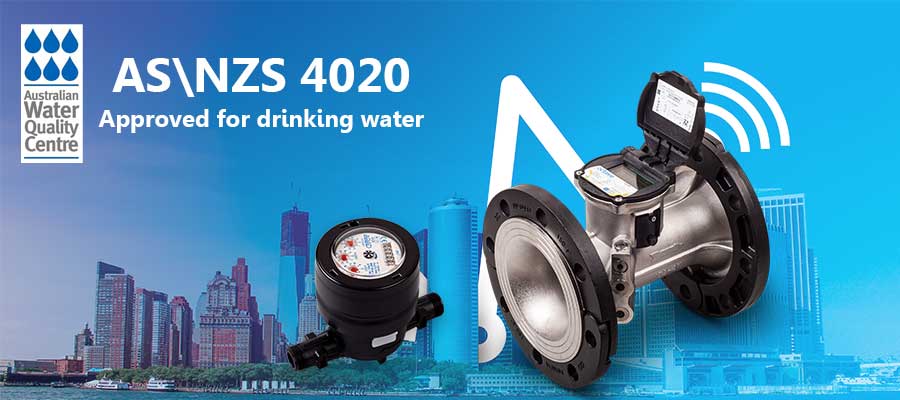Australia and New Zealand are sometimes referred to as the Antipodes since they are on the opposite side of the so-called modern world. The fact is they are themselves first-world countries that lead the way in music, sports, arts, and science. Rich in natural resources, both countries are working hard to protect these resources from both natural disasters and man-made pollution.
Management Strategy
The National Water Quality Management Strategy (NWQMS) provides information and tools to all territories and regions in Australia and New Zealand to ensure that all water sources are managed efficiently. This includes drinking water, irrigation and farming needs, recreational uses such as boating and fishing, as well as making sure that the environment is not abused when extracting water.
Since the end of the last decade all the NWQMS guidelines are online for easier and broader access, as well as quicker, more efficient updates. [1]
A major influence in the Australian and New Zealand government’s water policy is Water Research Australia (WaterRA), an independent advisory board of scientists who provide the science needed for the government to make educated decisions concerning how to sustain Australia’s natural water resources. [2]
Testing the Waters
Both Australia and New Zealand have also been in the forefront of water testing. The Australia and New Zealand Environment and Conservational Council (ANZECC) have been issuing the water guidelines for both countries since 1974. Since 1972 ANZECC has been updating these guidelines together with the Agriculture and Resource Management Council of Australia and New Zealand (ARMCANZ). [3]
Bottled Water—Possibly the Most Stringent Standards in the World
In Australia and New Zealand bottled water is the most popular purchased beverage. It is considered a food product and is regulated by the Food Standards Australia New Zealand, (FSANZ).
The bottled water labeling must include the source of the water, whether it is: spring water, well water or natural water. Natural water cannot come from the same source as public water and must meet a higher standard of testing than tap water. [4]
The high quality of bottled water is a blessing to the many people in New Zealand who do not have access to clean natural water due to a history of poor water management. In May 2020 NZ$700 million were earmarked to help clean up many of the polluted waterways. [5]
The Watermark Certificate—Testing the Industry’s Accessories
In addition to ANZECC and ARMCANZ, who test water quality and manage water sources, AS/NZS 4020 grants the “Watermark Certificate” for accessories that come into contact with drinking water. (e.g. ARAD Gladiator water meter AS\NZS 4020 Certification) These accessories include taps, hoses, fitting and water meters. The certification process takes 12 weeks and, once granted, the certificate is good for 5 years.
The testing encompasses a large variety of attributes including the water’s taste, color, growth if microorganism’s, toxicity as well as measuring the amount of extraction of metals during extreme heat and cold conditions. [6]
The Final Word
Though standards for water usage are similar around the world, they are not the same. Whether it is a more stringent standard for bottled water or testing how well a water meter can withstand extremely high temperatures, manufacturers have to think globally and make sure that their products meet the highest of standards so they will be universally acceptable.
We at Arad are proud holders of the Watermark Certificate and look forward to helping clients down under with their water management needs.
References
[1] Australian Government Department of Agriculture, Water and Environment, Water Quality, November, 2, 2019
[2] Water Research Australia, Research Solutions Through Collaboration, 2020
[3] Water Quality Australia, Australian and New Zealand Guidelines for Fresh and Marine Water Quality, 2019
[4] New Zealand Beverage Council, Water, 2020
[5]Collette Devlin, Government Pumps $700m into cleaning up waterways, May 28, 2020
[6] Eurofins, AS/NZS 4020 Test for Watermark Certification, August 23, 2018
